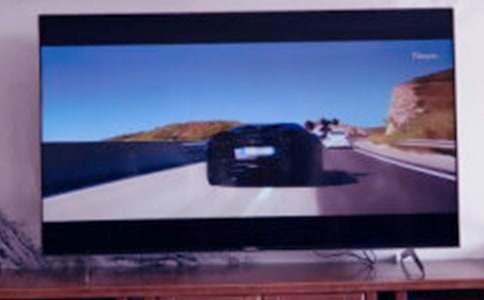Television(电视)
Television

Television is playing a very important part in our lives. But like other things, it has both advantages and disadvantages.
In the first place, television is not only a convenient, but a cheap source of entertainment.
For a family of four, for example, it is more convenient as well as cheaper to sit comfortably at home, with unlimited entertainment available, than to go out in search of amusement elsewhere. All they have to do is press a button, and they can see shows of every kind, not to mention the latest political
discussions and exciting football match. Some people, however, think this is just where the danger lies. The television viewer takes no initiative. He is completely passive and has everything without any effort on his part.
Television informs us about current events, the latest developments in science and politics, and offers an endless series of instructive and entertaining programs. It could be argued that the radio can also perform this service; but on television everything is much more vivid. Yet again there is a danger. We get addicted to it, so dependent on its moving pictures that it begins to dominate our lives.
There are many other arguments. The poor quality of programs is often criticized. But it is a great comfort to many lonely people indeed. I think we must realize that television in itself is neither good nor bad. It is the uses to which it is put that determine its value to society.
电视
电视在我们的生活中发挥着十分重要的作用。但是同其他事物一样,它也有利有弊。
首先,电视是一种既方便又便宜的娱乐资源。例如,对于一个四口之家来说,舒舒服服地坐在家里看各种各样的娱乐节目,比起出门去别的地方寻找快乐,既方便,也便宜的多。他们要做的就是按一下按钮,之后就能欣赏到各种各样的节目,更不用说最新的政治讨论和激动人心的足球赛事了。但是,有些人认为这正是危险所在。看电视的人没有主动性,他完全被动,他这一方无需任何努力就能获得一切。
电视告诉我们现在发生的事件,科学政治领域的最新发展并提供无穷无尽的教育、娱乐节目。有